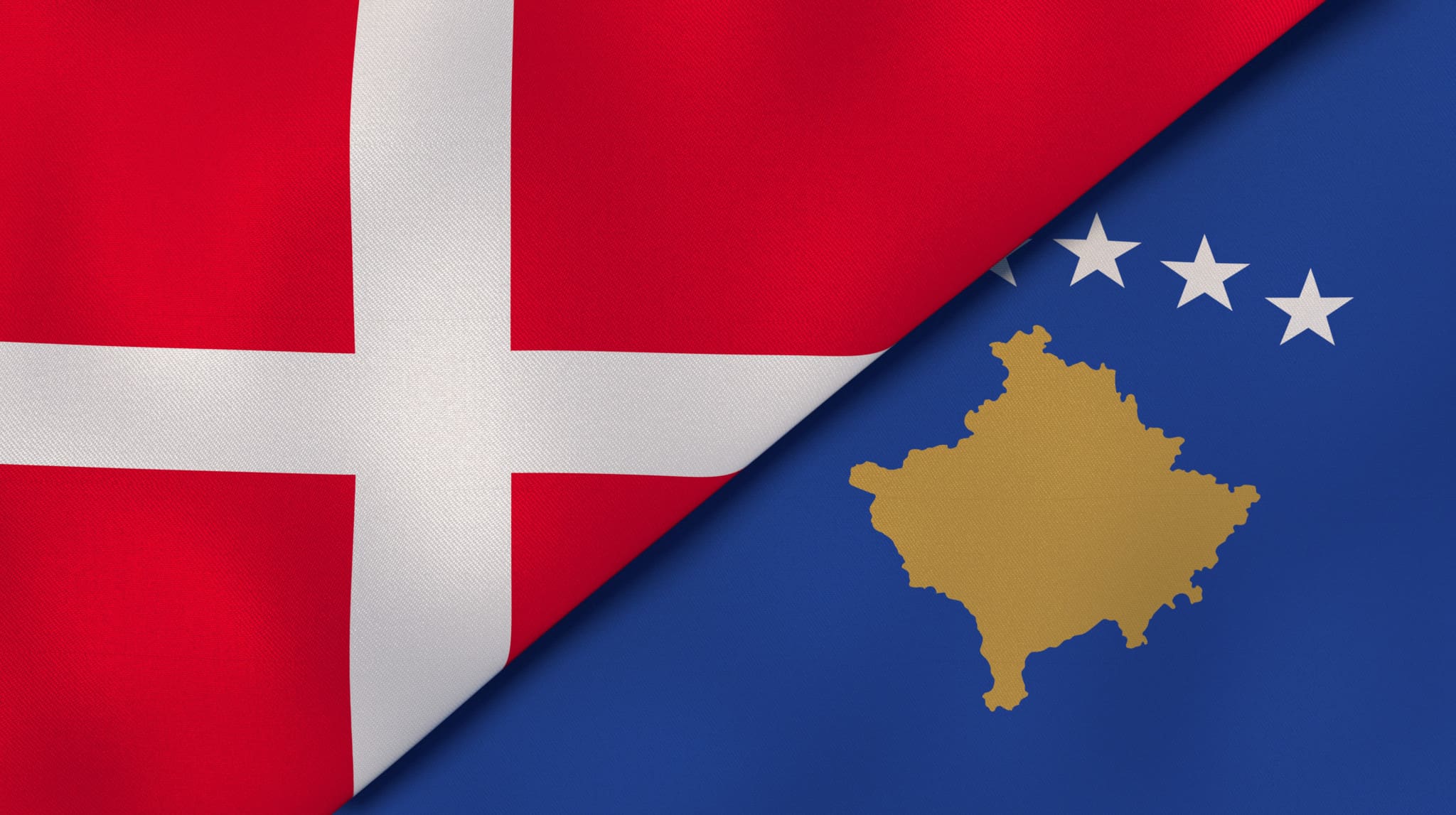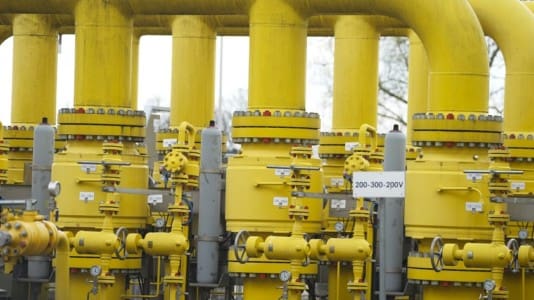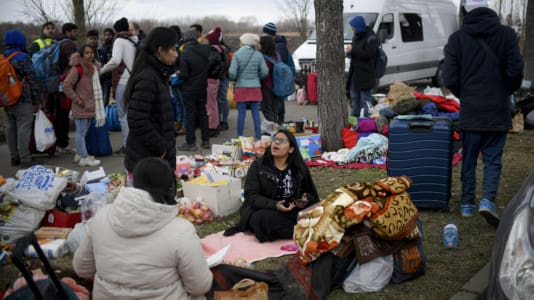Criminals deported from Denmark will soon have to serve their prison sentences in Kosovo instead of Denmark, after the Danish government announced an agreement with the Balkan state to rent 300 spots in the country’s prisons.
The Danish Minister of Justice Nick Hækkerup, who signed the treaty, called the agreement, which had been in the works for some time, “groundbreaking.” The agreement concerns citizens of non-EU countries who often commit crime at far higher rates than natives.
“I think it is excellent that we can get them thrown out as quickly as possible,” said Hækkerup commenting on the news. “The expectation is that we would start during the first quarter of 2023,” he added.
A key element of the plan is that deported criminals must go directly back to their home country without returning to Denmark after finishing their sentence, according to Danish news outlet BT. Europe has struggled to deport illegal migrants, even those who commit criminal offenses, but the Danes appear to be moving aggressively to protect their citizens from migrants with a criminal conviction.
[pp id=26946]
Denmark’s left-wing government has made waves in Europe over its tough immigration stance, with the country’s prime minister, Mette Frederiksen, criticizing non-Western migrants and their role in crime and harassment of women.
“Every fifth young man with a non-Western background born in 1997 has broken the law before turning 21. It’s not everyone. But there are too many young men who take the freedom of others, steal children’s futures, intimidate prison guards – and leave behind a long trail of insecurity,” said the Danish prime minister in a speech in 2020.
“It has been going on for too many years. Girls who are called derogatory names because they are Danish. Or girls who are subjected to social control because they have become too Danish. A sausage cart in Brønshøj that is attacked with firecrackers because it sells pork,” she said, offering a number of examples.
[pp id=14597]
The majority of Danes are supportive of such policies, with mass immigration seen as a burden on the country’s generous social benefits and a serious threat to the country’s culture and demographic composition.
Making convicts pay for their own health insurance
Previous reports claimed that deported criminals will have to pay for their medical care in prison through private health insurance. However, it is not part of the agreement right now, although Hækkerup would like to see it happen in the future.
“As a starting point, we would like the deported criminals, who have committed crimes in Denmark and have nothing to do in Denmark, to pay for it themselves, but that is something that will hopefully happen eventually,” added Hækkerup.
If someone commits a crime during their imprisonment in Kosovo, it will be up to Kosovo to convict the person in question. In such an instance, the Danish prison sentence will pause while the person serves sentence for the crime committed in Kosovo.
Although the inmates will serve their sentences far beyond Denmark’s borders, their conditions must be equal to those in Danish prisons. In addition, the Kosovo authorities must comply with Denmark’s international commitments as long as the detainees are in their custody.
Kosovo’s Minister of Justice Albulena Haxhiu has also signed the treaty, although it still requires parliamentary approval from both countries before entering into force.





